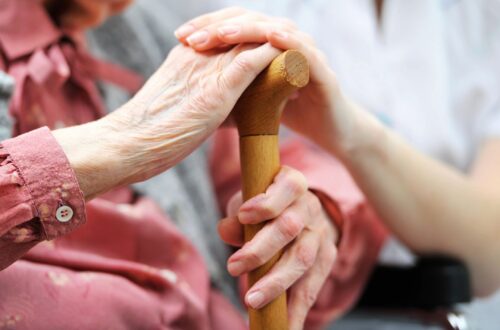8 Ways to Help Your Loved One Sleep
8 Ways to Help Your Loved One Sleep
Just as sleep is essential for us, the caregivers, it is also essential to our care receivers. Their brain needs time to process, reset, clear, and rest more than ours. This is mainly due to the fact that their brain has to work 3-4 times harder than ours. We remember where we are, who we are, who others are, and more that they do not.
Following are 8 things to try to assist in the sleep process:
- Cut down on caffeine (coffee, tea, chocolate, cola) and nicotine during the day, but especially several hours before bedtime. Caffeine can have a pronounced effect on an individual living with Alzheimer's. My mother-in-law drank two cups of coffee in the morning for years with no apparent side effects. She suddenly began having problems not only falling asleep, but also staying asleep. We observed everything to try to identify the cause. Finally, after trying many things to no avail, we switched her coffee to decaf and she slept! (Full Disclosure: Her sleeping didn't stay improved from then on, but it was much better for a few months.)
- Give them something warm to drink or eat before bed.
- Melatonin is a supplement sold over the counter to aid in sleep with no side effects. A Johns Hopkins study explains how and why it works. Please do your own research on it when combined with specific medications and/or consult your healthcare professional.

- Chamomile tea is a safe hot tea to help induce calm and relaxation. Here's how it works.
- Reading or looking at pictures may give rise to sleep.
- Playing soft instrumental music can bring on happy dreams. Be careful of songs with words as the brain can work hard to remember words instead of unwinding.
- A very warm bath aids in relaxation. Taken 2 hours before bed, it can help you fall asleep faster. If bath time is a stressful time, then forget I mentioned it.
If sleeping was never an issue but it suddenly has become so, look for any changes. These might include medication changes, temperature changes, changes in the family dynamic, an unusual amount of company etc.
If you suspect the change is due to medication, discuss it with your healthcare professional. There may be an alternative medication available that will not cause the same reaction.
If you, dear caregiver, are having trouble sleeping, there's good news!



